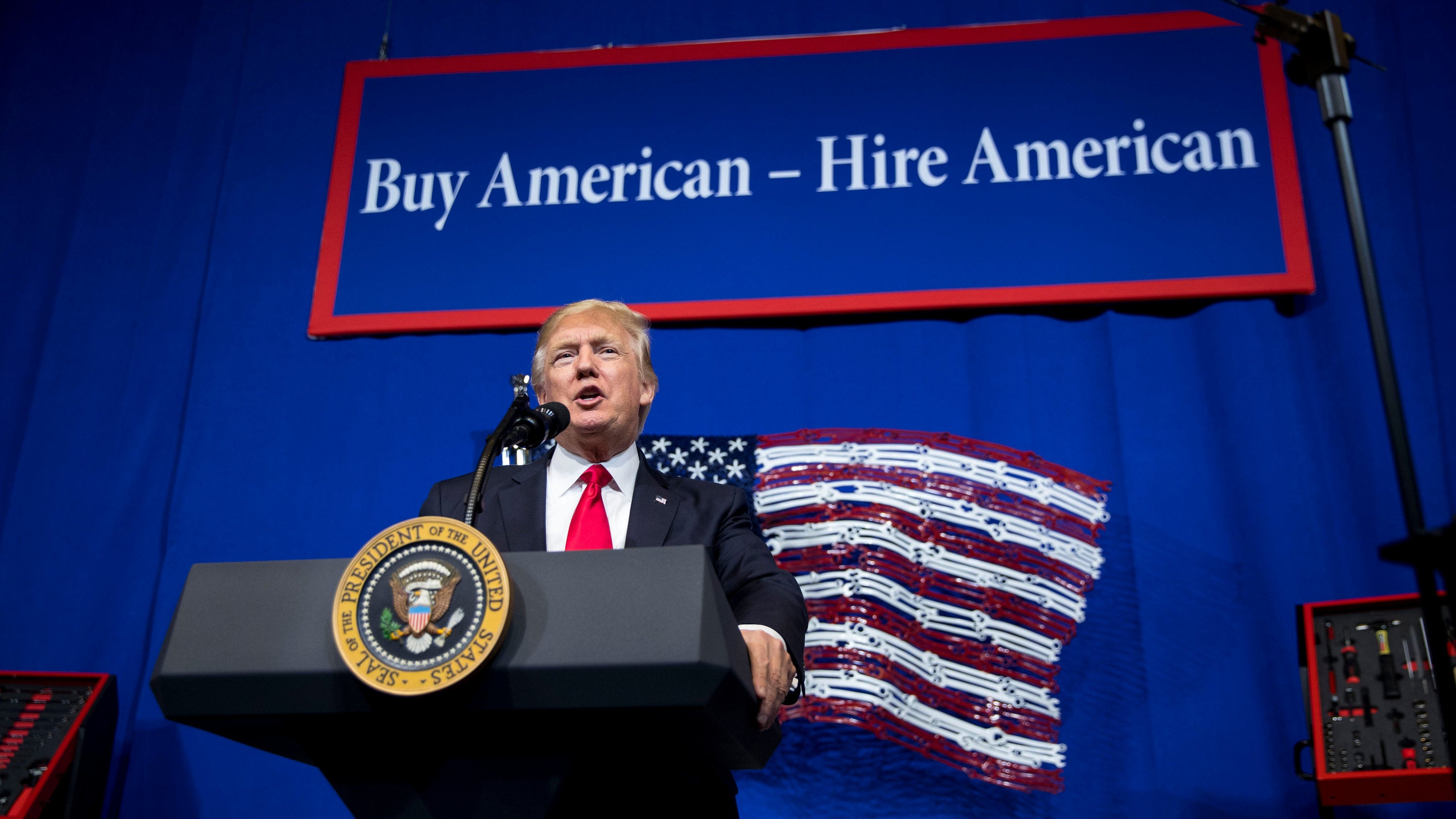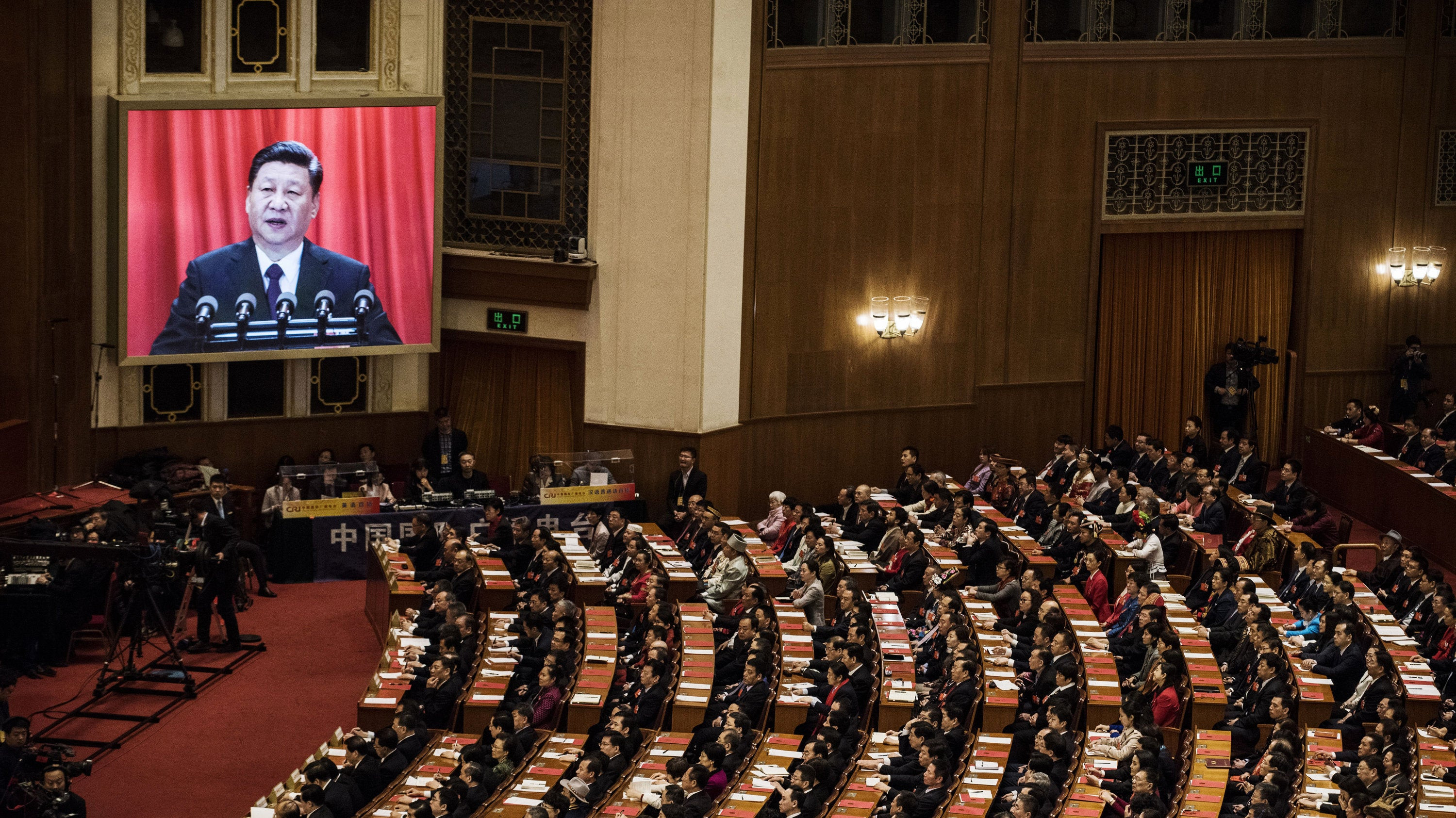America First's Betrayal: How Tariffs on Canada Undermine Trump's Own Trade Agenda
The core tenet of the America First trade policy, as championed by figures like Robert Lighthizer and Oren Cass, centers on repatriating manufacturing jobs to the United States. They view trade deficits as a primary indicator of job losses, highlighting the devastating impact on American communities. High tariffs are presented as the solution, aiming to correct trade imbalances, boost domestic production, and revitalize the American workforce. Tariffs, therefore, are viewed as a means to a specific end, not an end in themselves; containing China's influence is a secondary, though important, consideration.
Understanding the Nuances of America First Trade Policy
While the slogan “no deficit is a good deficit” often simplifies the issue, Lighthizer himself acknowledges exceptions. In his book, No Trade is Free Trade, he clarifies: "It is not my position that all trade deficits are harmful. Clearly, if a country runs a deficit one year and a surplus the next, no harm is done... What concerns me...is running huge trade deficits with the entire world year after year for decades."
Exceptions to the Rule
Lighthizer identifies two key exceptions. First, the content of trade matters. A large manufacturing economy like the U.S. should not be exporting raw materials in exchange for finished goods—a situation that diminishes its economic standing and costs valuable manufacturing jobs. Second, accumulating massive trade deficits with geopolitical adversaries is strategically unwise. This is where the Canada-US relationship becomes particularly relevant.
The Case of Canada: A Paradox in America First Policy
If the primary objective of America First is to bring value-added manufacturing jobs back to the U.S. and bolster its position against adversaries, then any policy hindering this goal is, arguably, a betrayal of the movement's core principles. Canada presents a compelling counterpoint to this narrative. Canada, with its energy trade surplus, actually exports jobs to the U.S., providing American workers with opportunities in refining Canadian oil and gas.
This is precisely the outcome desired by the America First trade policy. Each dollar of Canada's trade surplus on energy can be seen as a contribution to American jobs and economic activity. In fact, a 2019 study by the American Petroleum Institute found a net benefit to the US of over $6 billion due to higher refining margins for US refiners resulting from Canadian energy imports.
Canada, selling oil and gas at a discount to the U.S., inadvertently subsidizes American jobs while also supporting the overarching goals of the America First movement. This “discount” is irrelevant from an America First perspective; the crucial point is the creation and sustenance of good, middle-class jobs within the U.S. Yet, instead of recognition, Canada finds itself a target.
The Perverse Effects of Tariffs on Canada
The imposition of tariffs on Canadian goods sends a damaging message: regardless of a country's actions, it will face punitive measures. This isn't just economically harmful to Americans; it provides ammunition for China in its diplomatic efforts to undermine the U.S. Such a strategy is short-sighted and ultimately self-defeating.
This approach is further highlighted by political leaders such as Pierre Poilievre, leader of the Canadian Conservative Party, who has rightfully pointed out that Canadian oil exports are effectively subsidizing the American economy. If the aim is to bolster middle-class jobs in the U.S., tariffs on Canada represent a self-inflicted wound—a breach of the America First movement's promise to the American people.
The Unintended Consequences: A Self-Inflicted Wound
The imposition of tariffs on Canadian goods, a nation actively contributing to the very goals of the America First movement, is counterintuitive. Instead of focusing on creating an effective trade policy, it displays a lack of nuance and understanding. The actions taken are directly at odds with the stated policy goals. Ultimately, this could lead to an erosion of trust and the undermining of economic cooperation. Such policies, therefore, run the risk of alienating allies while failing to achieve stated economic goals.
While recent headlines have focused on the threat of tariffs against Canadian products, the broader implications extend to other trade relationships. It is therefore paramount to reassess and rethink the trade policies to ensure these do not jeopardize America's economic interests, both at home and abroad. Ignoring the contribution of key allies such as Canada is a demonstrably poor approach to foreign policy. The need for a more sophisticated and thoughtful approach to trade policy is evident. The current path risks alienating key allies and undermining long-term economic growth for both sides.
















